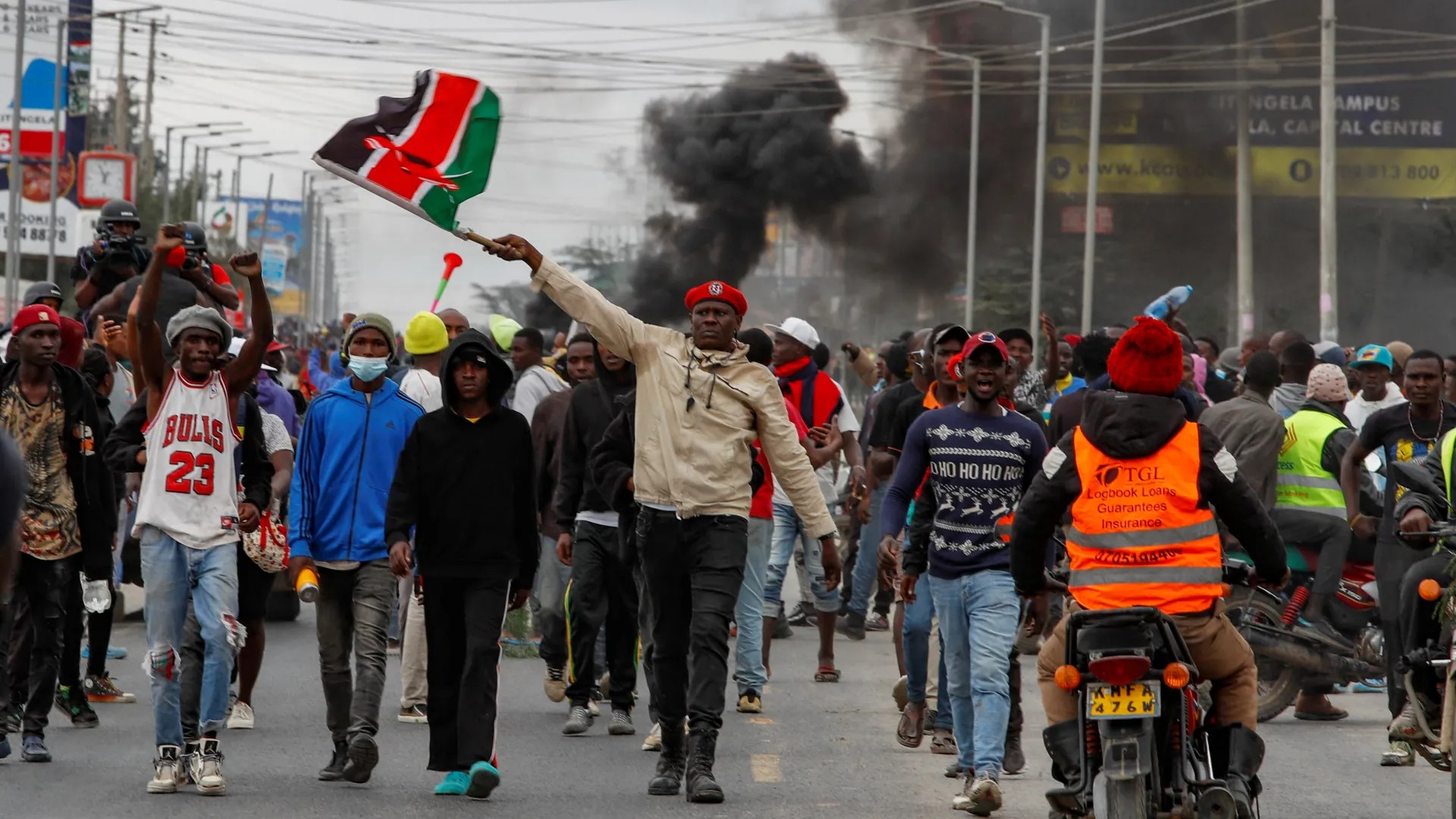Today, Kenya finds itself walking a delicate tightrope. The frequent protests, running battles with police officers, rising casualties, and restless streets are signs of a nation searching for answers.
It’s no longer just about politics or economics — it’s about trust, or rather, the absence of it. A society where citizens feel abandoned and unheard eventually descends into hopelessness, and the Kenya we see today reflects exactly that.
When the public loses confidence in institutions, leadership, and the systems meant to serve them, frustration spills over. Demonstrations become a language of the unheard. Stones replace words. And the streets turn into arenas of despair.
Yet in the middle of this crisis lies an opportunity — the power of communication to rebuild bridges, restore faith, and chart a path back to dialogue and understanding.
The demonstrations taking place in cities and towns aren’t just about the cost of living or tax protests. They are a deeper, desperate cry for inclusion, dignity, and recognition. Many ordinary Kenyans feel ignored, their concerns swept under the rug while decisions that affect their daily lives are made behind closed doors.
What has been missing in Kenya’s recent turmoil is honest, open communication. A deliberate, genuine effort by leaders, media, and community figures to listen, inform, and engage citizens in meaningful dialogue.
In this polarized environment, communication professionals — journalists, broadcasters, PR officers, civic educators — shoulder a heavy responsibility and should
work together. Beyond reporting events or drafting statements, they play a critical role in rebuilding trust and holding the country together.
Their work must extend beyond the newsroom or the press conference hall. It must reach the heart of communities, echo the fears of the forgotten, and offer balanced, truthful narratives that foster peace rather than stoke tensions.
Here is how they can do it:
1. Prioritizing Truth and Fairness
Accurate, honest reporting is the bedrock of public trust. In times of crisis, facts must take precedence over speculation. Communication professionals have a duty to verify information, correct mistakes openly, and steer clear of sensational headlines that escalate fear.
2. Giving Everyone a Voice
Media and communicators should ensure all voices are heard, not just those in power. By including youth, women, religious leaders, and minority groups in national conversations, they help reduce feelings of exclusion and resentment.
3. Creating Safe Spaces for Dialogue
It’s not enough to broadcast news; there must be platforms for Kenyans to engage in respectful, honest conversations about their challenges and hopes. Whether through radio discussions, public forums, or digital platforms, such spaces give people a chance to air their grievances and propose solutions.
4. Promoting Stories of Hope and Unity
Conflict sells, but peace sustains. Highlighting stories of resilience, forgiveness, and collaboration across communities can help shift the national mood. Positive storytelling reminds Kenyans that amid the chaos, there are people choosing peace over violence.
5. Remaining Consistent and Transparent
During uncertain times, the public craves reliable, consistent information. Communication professionals must commit to timely updates, acknowledge when facts are unclear, and avoid misleading their audiences.
The Road Back Starts With Words. If Kenya is to heal from its divisions, it must start by restoring trust — between citizens and leaders, between communities, and within institutions.
Communication professionals stand at the heart of that journey. They are the messengers, the facilitators, and the record-keepers of a nation’s story.Their voices can either widen the cracks or help seal them.
The power of words, responsibly chosen and truthfully delivered, holds the potential to calm a restless country, give hope to the hopeless, and chart a way forward. And in moments like these, words might just be the difference between a country that breaks apart and one that finds the courage to rebuild.
